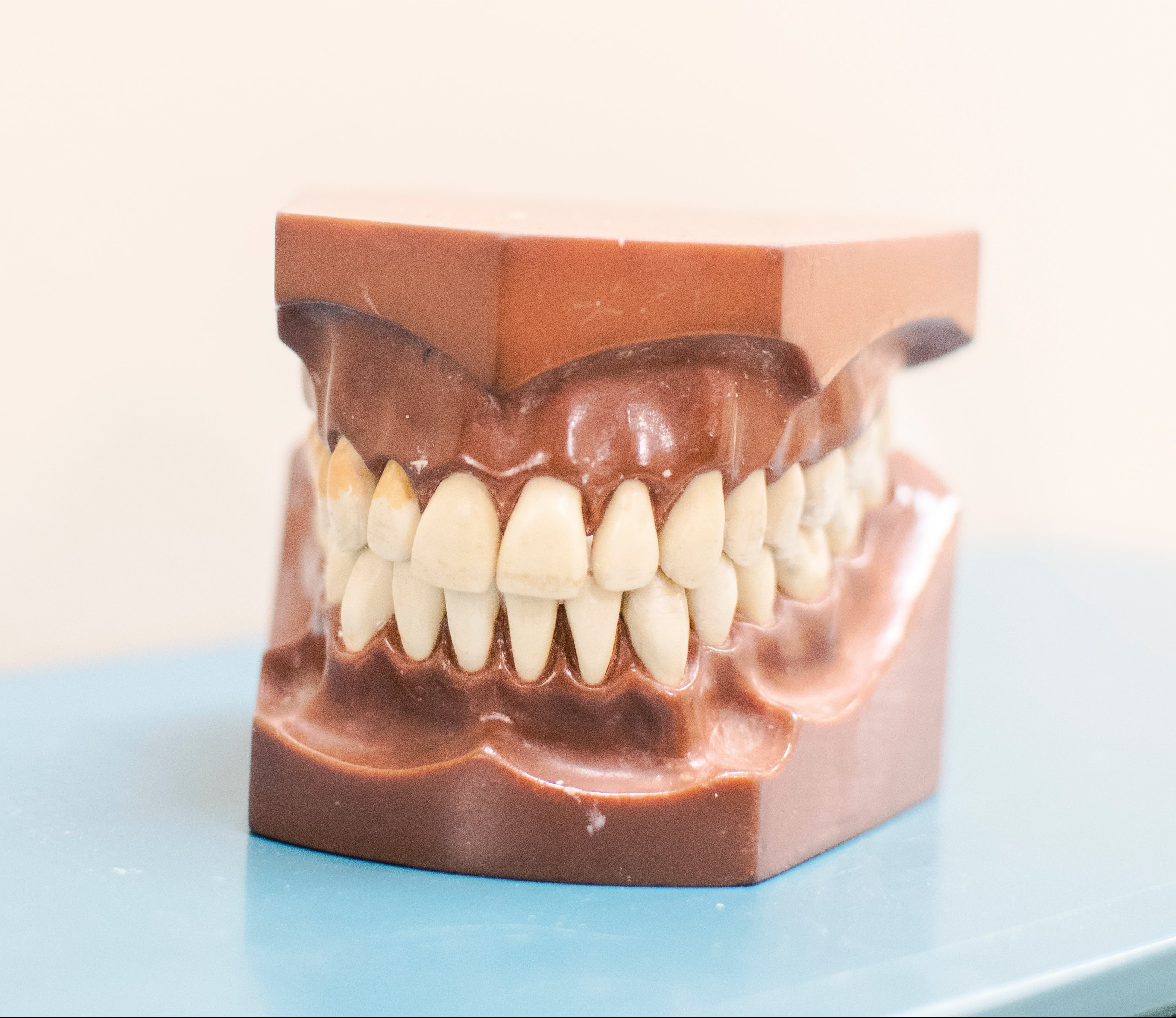Understanding Salivary Gland Cancer
- John James thought a bump in his mouth could be fixed with a root canal, but tests revealed he had oral cancer.
- James had adenoid cystic carcinoma, a cancer that commonly develops in the salivary glands or regions of the head and neck.
- About 1,200 people are diagnosed with adenoid cystic carcinoma each year within the U.S.
- Face pain, drooping and numbness are symptoms of adenoid cystic carcinoma.
With April being Oral, Head & Neck Cancer Awareness Month, James’ story is a good reminder to know the warning signs to look for.
Read MoreThe biopsy revealed James had adenoid cystic carcinoma (ACC), a cancer that commonly develops in the salivary glands or regions of the head and neck, according to National Organization for Rare Diseases.
"When we got the results back, it turned out to be adenoid cystic carcinoma. They were shocked," James said.
Prior to his diagnosis, James and his wife had their sights set on a golfing trip.
WATCH: Processing a cancer diagnosis.
What Is Adenoid Cystic Carcinoma (ACC)?
Doctors don't know what exactly causes a person to develop the oral cancer called adenoid cystic carcinoma, but according to the National Organization for Rare Diseases, genetic changes may be the underlying reason, as with other forms of cancer. ACC develops in the salivary glands or other areas of the head and neck and, according to Cleveland Clinic, it can also form in other parts of the body including the skin, breast tissue, cervix or prostate gland.
About 1,200 people are diagnosed with adenoid cystic carcinoma each year within the U.S. and people between the ages of 40 and 60 are more likely to develop the cancer.
Types of Salivary Gland Cancers
According to the American Cancer Society, the common types of salivary gland cancers include:
Mucoepidermoid carcinomas are the most common type of salivary gland cancer and is usually low-grade, meaning cancer cells grow slowly.
Adenoid cystic carcinoma is the second most common type of salivary gland cancer and is often low-grade.
Acinic cell carcinoma is a low-grade salivary gland cancer.
Polymorphous adenocarcinoma tumors tend to start in minor salivary glands and grow slowly.
Secretory carcinoma is a low-grade cancer found in the minor salivary glands.
Squamous cell carcinoma occurs mainly in older men.
Epithelial-myoepithelial carcinoma is a rare tumor that tends to be low-grade, but it can come back after treatment and/or spread to other parts of the body.
More Oral Cancer Survivors
- A 42-Year-Old Mom Thought Her Toothache Could Be an Infection. It Turned Out to Be Incurable Salivary Gland Cancer; Understanding This Rare Disease
- More Men Are Mysteriously Getting Cancer In Their Mouth– The Little Bump That Turned Out To Be Oral Cancer
- ‘Meet the Parents’ Actress & Mom to Gwyneth Paltrow, Blythe Danner, 79, Reveals She Battled Oral Cancer for Years The Same Cancer Her Late Husband Fought
- Could Michael Douglas Really Have Gotten Oral Cancer, As He Publicly Wondered, From 'Performing Oral Sex?’
ACC Symptoms
Symptoms for ACC may include:
- Facial pain
- Facial drooping
- Numbness in your lip or other parts of your face
If ACC forms in the skin, it's more likely to occur on the scalp or near the ear canal. In these instances, pain, pus, bleeding, hair loss and increased sensitivity are common symptoms.
ACC in the prostate can cause frequent urination and poor urine flow.
ACC of the cervix can cause vaginal discharge, pain, and bleeding.
ACC of the larynx can cause shortness of breath or difficulty breathing, hoarseness, sort throat, and a mass in the neck.
ACC of the esophagus may cause difficulty swallowing, regurgitation of liquids and food and weight loss.
How Is ACC Treated?
The type of oral cancer has a few treatment options.
"In many individuals with ACC, standard therapy includes surgical removal of the malignancy (cancerous tissue) and affected tissue followed by radiation," according to the National Organization of Rare Diseases. Interestingly, chemotherapy is not very an effective ACC treatment because it is resistant of chemotherapy.

As for James' ACC treatment, he underwent an 11-hour reconstructive surgery to remove the tumor. James spent six days in the hospital recovering. Part of his therapy involved swallowing and speaking exercises to make sure he can swallow and speak clearly.
Dr. Jessica Geiger, a medical oncologist specializing in head and neck cancer at Cleveland Clinic Cancer Center, told Survivornet that for many oral cancers she's often asked if surgery is an option.
"Certainly for head and neck cancer that occurs in the oral cavity, so that's the oral tongue, or the buccal mucosa, the floor of the mouth, surgery is definitely the first option and has to be considered," Dr. Geiger said. "And it should be considered at a large institution that performs these very complex procedures and the following reconstruction following those surgical procedures with an experienced head and neck surgeon."
Learn more about SurvivorNet's rigorous medical review process.
